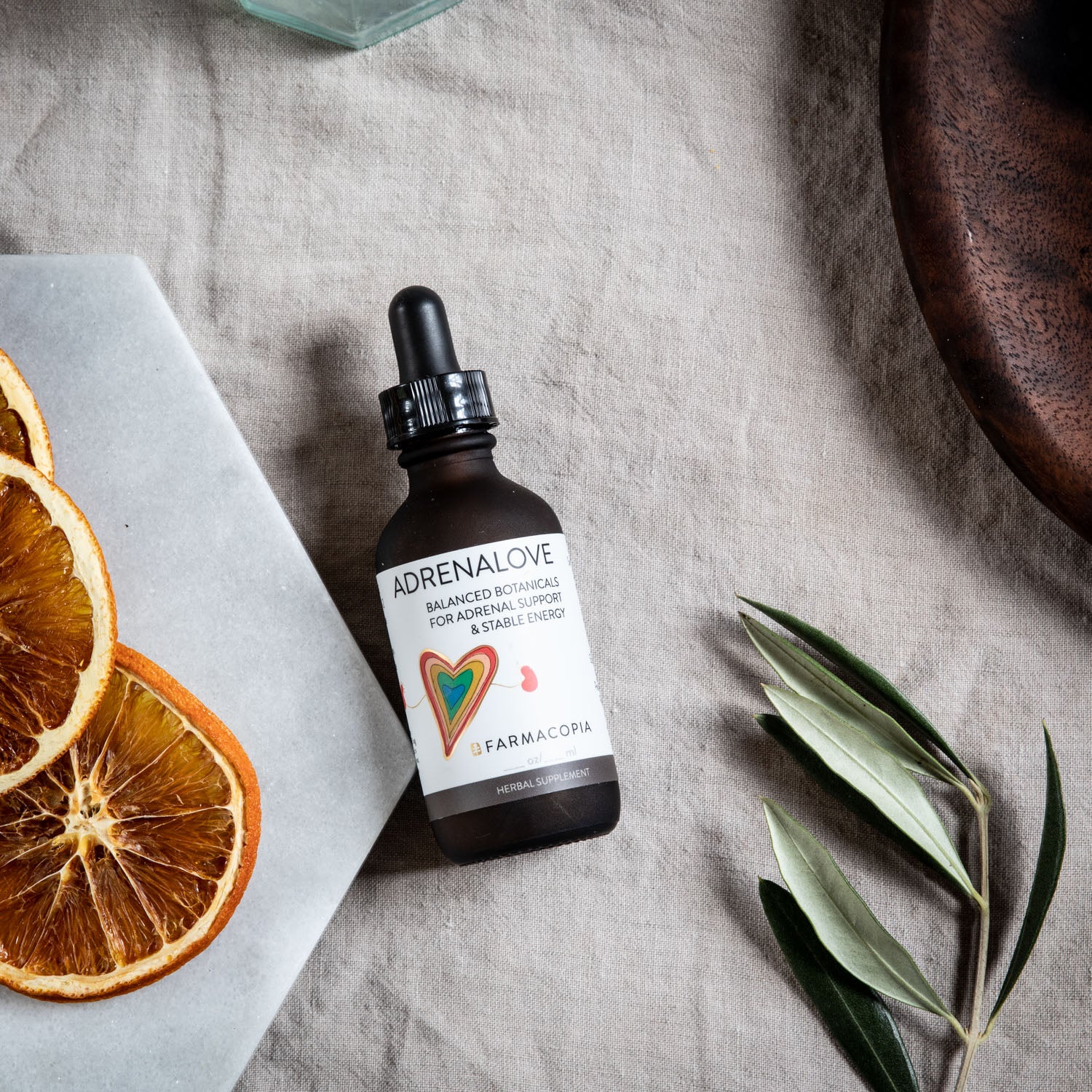Vetiver essential oil is one of the most important notes in perfumery. This base note has a soft and almost powdery earthiness that adds depth to any blend. Emotionally grounding, it is the perfect tonic to calm the senses and bring us into the present moment as though we've just planted our feet in the earth.
Vetiver is a reminder that beauty becomes richer with age. While most essential oils devolve as time goes by, this botanical evolves into a sublime treasure. In the heart of Indonesia, artisan farmers harvested and distilled Vetiver just for us. There are some unique green notes to appreciate as a symbol of the fresh distillation. We invite you to explore the story below.



